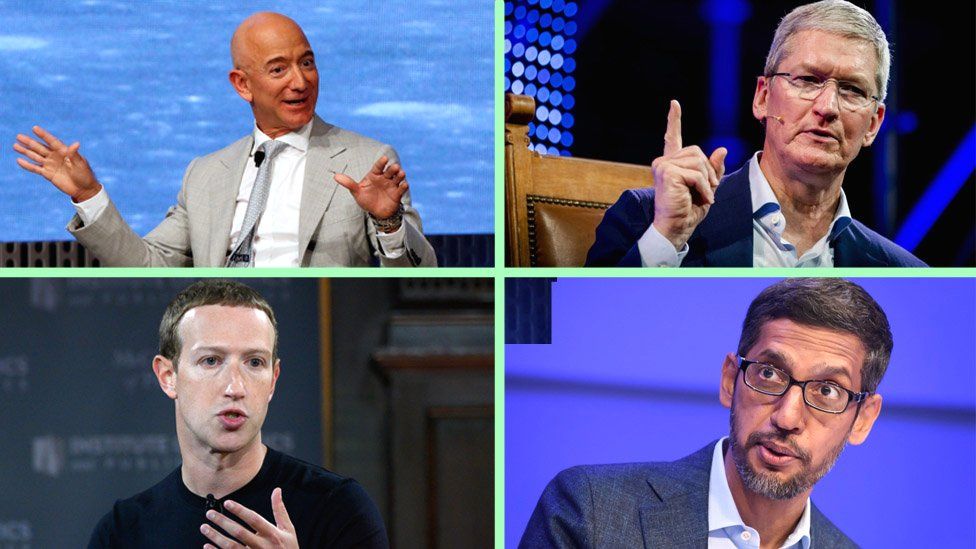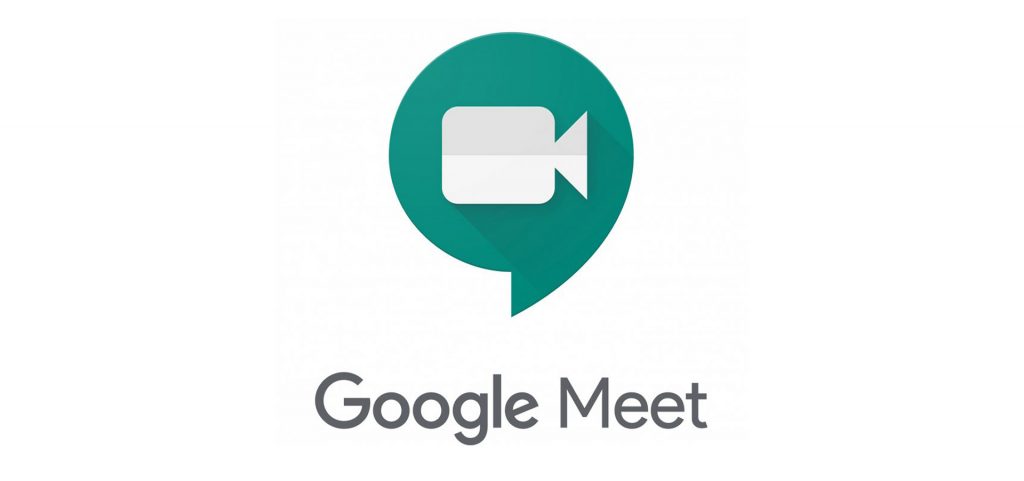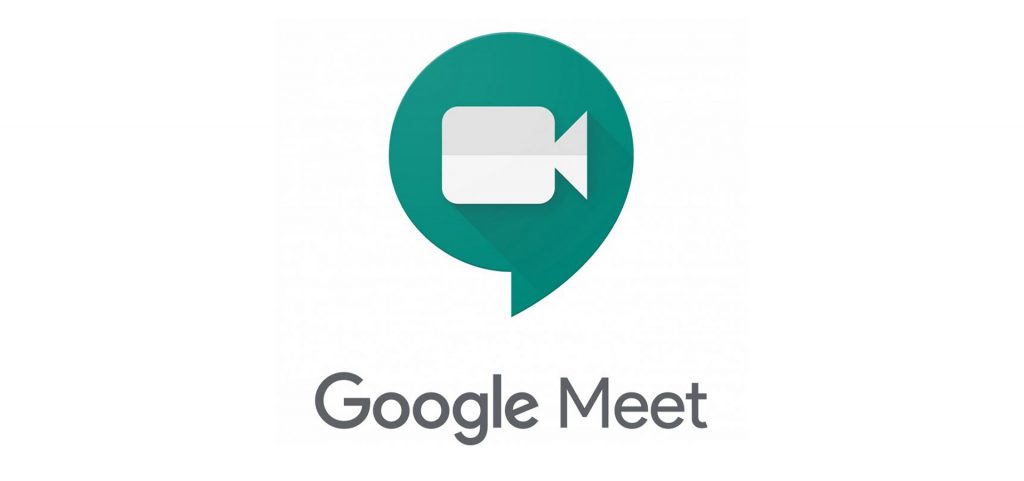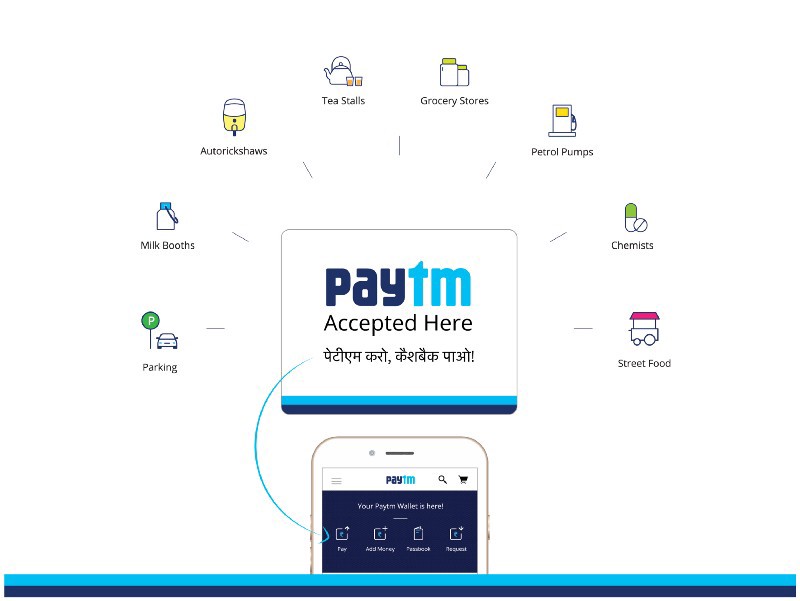Google Trusted Contact Service is going to be discontinued from December 2020
On 16th October 2020, Google announced that it will be shutting down the company’s trusted contact service. Google’s trusted contact service was launched in 2016 to enable location sharing for friends, family, and emergency contacts. A service that was solely focused on location sharing so that you feel safe when you are outside or send your location so that your family can track you for your safety is now shutting down. The main reason behind the ceasing operations of Google’s trusted contact is the same functionality can be carried out by Google Maps nowadays. This service was available for both iOS and Android where the activity and device battery status of your trusted people were visible.
Google’s Trusted Contact Service will stop working on 1st December 2020. Till then you can still use the service on your smartphone to share the location. One disadvantage or at times advantage of using trusted contact service is that if someone requested your location and you didn’t respond, they will receive your location automatically. At the time of emergencies, when one is unable to respond this feature is a savior.
Google Trusted Contact Service
In December 2016, Google rolled out the app of trusted contacts to keep track of friends and family. With an increasing number of crimes outside our home especially against women, this was a thoughtful initiative taken by Google. Moreover, by installing and using this app the parents can also track the activity of their kids. If you are in danger, chances are you won’t be able to pick up a call leading to growing tension in your family. So, if they know your location it will be easier for them to reach you.
Using this app, you can create a list of trusted people who can request your location. The users will have to approve the list of people manually who can send the request for location. And, once a user sent a location request you will have five minutes to accept and request or deny it. If the person didn’t opt for any option then the location will be sent automatically to the requested person. If the network connectively is poor or completely cut off the other user will receive the person’s last updated location. There is also a feature of live tracking in the app. When the app was launched, it was made free.

Sharing location in Google Maps
Now that after a month we won’t be able to use the trusted contact app of Google, we need to have a look at our alternate option. Google Maps is a very diverse app with new features getting added at quick intervals. If you don’t use Google Maps, it is better to get a hang of it as it is easy to use and gives you location privacy as well.
How to share your location with someone using Google Maps?
- First, open the Google Map on your phone and sign in.
- Tap on the profile picture icon followed by location sharing.
- Click on New share to send your location to someone.
- If the person is in your Google contacts you can easily find him or her.
- Create a time limit you want to avail for location sharing and then select the contact and tap on Share.
- If the person doesn’t have a Google account then you can simply copy the location link by tapping on Copy to Clipboard.
- You can then send the link via any social media or phone messaging.
- If you want to stop sharing the location then again open the app, go to location sharing, and click on Stop.
How to request someone’s location on Google Maps?
- First, open Google Maps and click on the profile picture icon.
- Go to location sharing and select the contact with whom you one to request location.
- Tap on the Request option.
- The person will receive a notification with your email address and that you requested the location.
- Then the person can check your profile, accept the request, deny the request, or block your profile so that you cannot request anymore.
There are many other features on Google Maps that can come in handy. But, these two are the very basic and most important features you should know how to use.

Annasha Dey is an NIT student, who apart from studying engineering is also a content writer. She has a great interest in photography, writing, reading novels, and travelling as well. She is a foodie who loves socializing and hanging out with her friends. She is also a trained Kathak dancer and a big fashion enthusiast. Dey also loves watching TV series, which includes F.R.I.E.N.D.S. and Big Bang Theory. To be a better writer she prefers to read more









